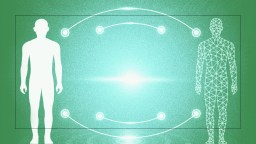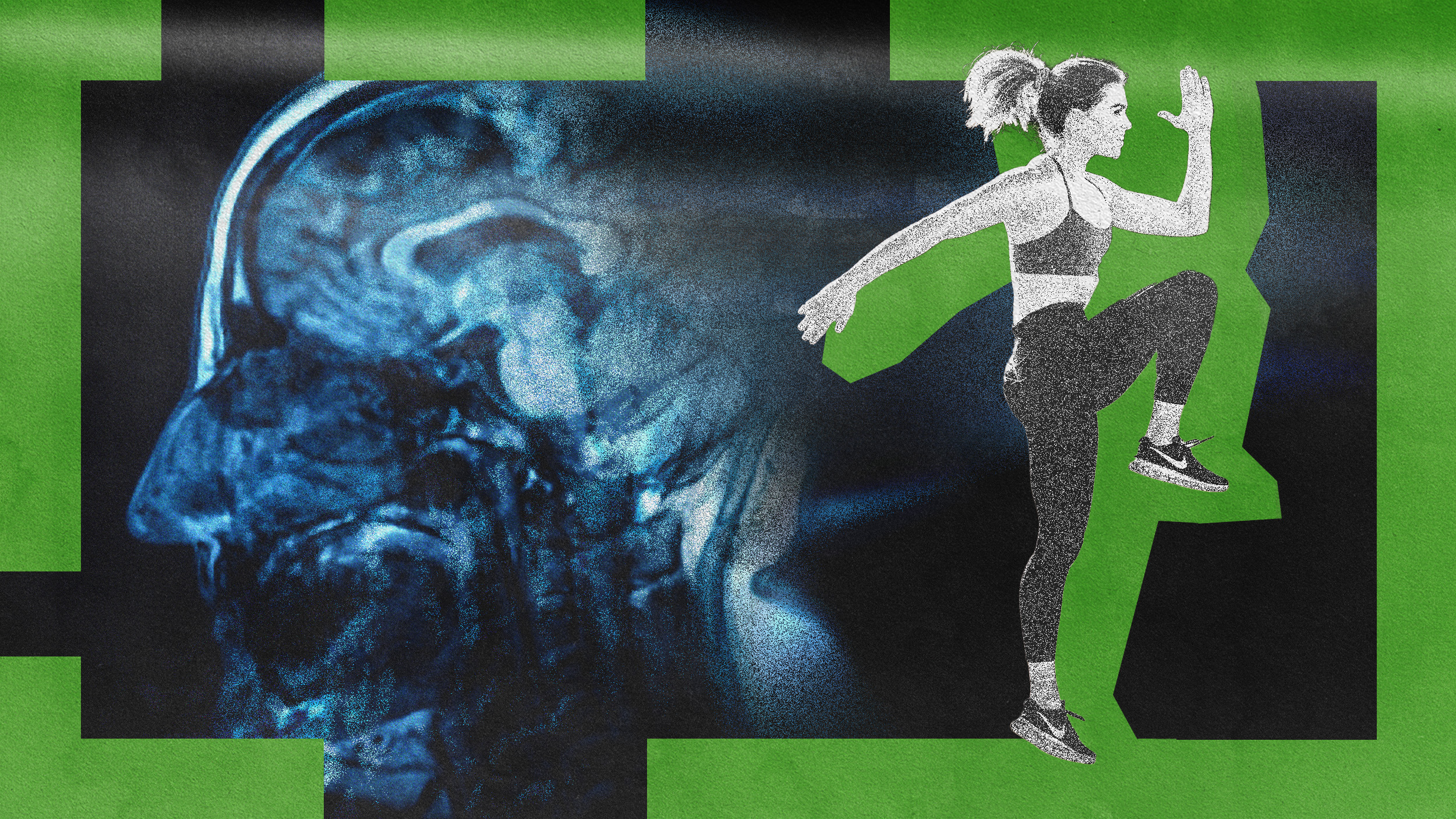What if our minds could live after our bodies have died? What if mortality became obsolete? Steven Kotler, award-winning journalist and executive director of the Flow Research Collective, has studied these seemingly sci-fi ideas, and it turns out that they’re not so fictional, after all. In fact, mind-uploading technology is expected to be available as early as 2045.
“Digital immortality” would have its upsides; we could preserve the minds of modern geniuses and have their guidance through future conflicts. Or, alternatively, things could get dark, as we have never before interfered with such complex evolutionary processes. Kotler explains that the ability to store human personalities and consciousness on computers poses profound ethical and societal questions.
By developing and using this mind-uploading technology, we are simultaneously redefining what it means to be a human being, pushing the boundary between life, death, and whatever is in between. It seems, whether we’re ready or not, that it is going to happen soon.
Steven Kotler: In the face of immortality, morality is gonna radically change, right? We've evolved to die. Like for the entire history of life on this planet, life has come to an end. There is nothing in our consciousness, there's nothing period out there that says, "This is how you behave if you live forever. This is how you start to structure a society, if I can store my personality on a computer. This is what I do if I can store that personality onto a computer and download it into another body."
These are huge, far-flung, really strange questions, right? And they seem totally science fiction at this point. But everything we've seen over the past 25 years, right, is most of the science fiction canon from the 20th century has turned into science fact in the 21st century already. So this 21st-century sci-fi idea of mind uploading, it's probably gonna be here by the 22nd century. So we've got 50 years, 70 years to start figuring out these really complicated, hard questions.
The idea in mind uploading is that we can store ourselves on silicon. We can upload our personalities, our brains, some part of our consciousness onto computers, and they can stay around forever. It is a far out there technology, for sure. Even though British Telecom was working on it, even though people are working on it, it's very early days. Ray Kurzweil has famously kind of pegged the date when we're gonna have to deal with this problem is 2045 - that may be really, really enthusiastic. I think it's a conservative prediction. But the point is, at some point in the century, this is probably gonna get real. And you gotta stop and you gotta go for, you know, all five of the world's major religions, just start there, use the threat of the hereafter, right, what's gonna happen after this life, to steer morality and shape behavior? So what happens to theological morality in the face of technological immortality is the big kind of metaphysical question.
If you look at the science fiction work of Richard K. Morgan, who's fantastic, he talks about what happens when consciousness becomes downloadable and bodies become expendable, and what that means for soldiers and armies and mercenaries and things along those lines. So there's really like a gritty cyberpunk underbelly to the mind-uploading technology, even though it's being developed for educational purposes. So we could preserve the brains of the Einsteins and the Beethovens and the Richard Feynmans of the world and really kind of get inside them.
But it's sort of like, I think of it like television, right? When they created television, they thought it was gonna be used for educational purposes. That was the only, you ask the creator of TV "What do you think this will be good for?" He said, "Well, education, of course." Fifty years later, there's not much education. There's a whole lot of crap. And I think we could see the same thing with mind uploading. But the difference, of course, is that mind uploading, storing cells on silicon, even teetering on the edge of so-called immortality, changes everything about what it means to be human at a really fundamental, deep level. When I say fundamental, deep level, I mean we're kind of, we're starting to muck around and mess around with evolutionary processes: processes we have no idea what happens if you interrupt them because we've never done it before.






